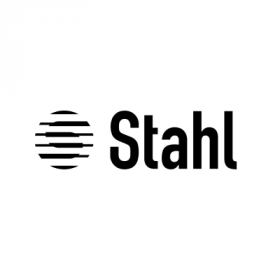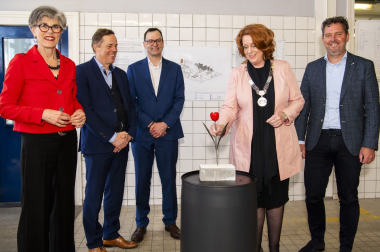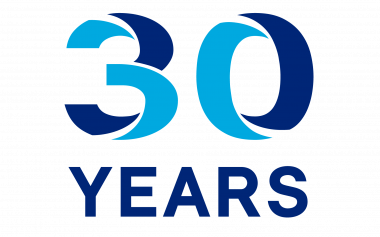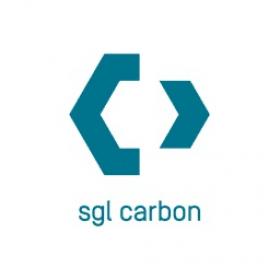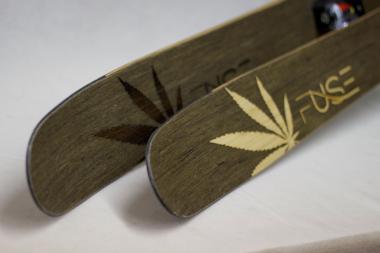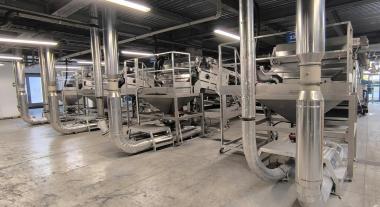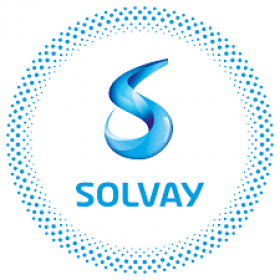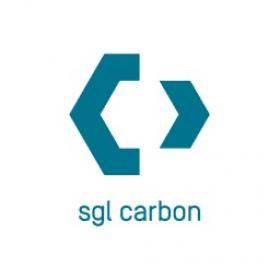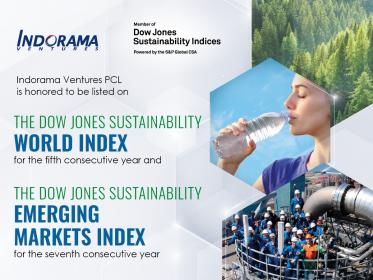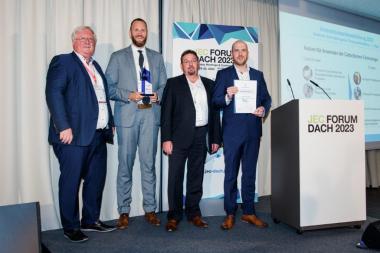Stahl: 2023 ESG Report
Stahl has published its 2023 Environmental, Social and Governance (ESG) Report. The report outlines Stahl's recent progress on its ESG Roadmap to 2030 and the steps the company is taking to live its purpose of Touching lives, for a better world.
Stahl’s ESG Roadmap to 2030 includes interim targets for 2023, making this a year in which Stahl reached several important milestones. For example, the company reduced its scope 1 and 2 greenhouse gas (GHG) emissions by 22% versus 2022. Furthermore, in 2023 the Science Based Targets initiative (SBTi) validated Stahl's scope 1, 2 and 3 targets, making it one of the first coatings companies on the SBTi-approved list.
To reduce its GHG emissions, Stahl is actively increasing its use of clean energy. At the end of 2023, renewable energy generation, such as solar panels, had been installed at four Stahl sites, compared to its target of three.
Measuring – and reducing – the impact of products is an important step in the company’s scope 3 emissions. As such, 353 Stahl products now have either life cycle assessment (LCA) or product carbon footprint (PCF) data, far exceeding the 2023 target of 50.
New ratings and certifications
In 2023, 2,161 of Stahl's products were certified by Zero Discharge of Hazardous Chemicals (ZDHC), in line with ZDHC MRSL V3.1. These products represented 70% of the company’s sales revenue, demonstrating increased demand for coatings with a lower risk to health and the environment.
Stahl was also proud to achieve a Platinum rating from EcoVadis for the second year in a row, which places it in the top 1% of companies evaluated. Stahl also exceeded its 2023 target of an average EcoVadis rating of at least 60/100 for their top ten suppliers, with an average rating of 68/100 reported in December 2023.
Fostering a safe and welcoming work environment
A core pillar of Stahl’s ESG approach is how it supports its employees’ physical and mental well-being. The 2023 ESG Report outlines several examples of this commitment, such as improvement in its key safety KPIs for the third year in a row.
Besides keeping people safe, Stahl continues to make progress in fostering an open and inclusive workplace. For example, in support of diversity, equity and inclusion (DEI), Stahl appointed its first female leadership team member, trained 98% of its staff in DEI and established DEI committees at all Stahl sites. In addition, to strengthen communication, engagement and collaboration across the workforce, Stahl also established an internal workplace hub, MyStahl.


